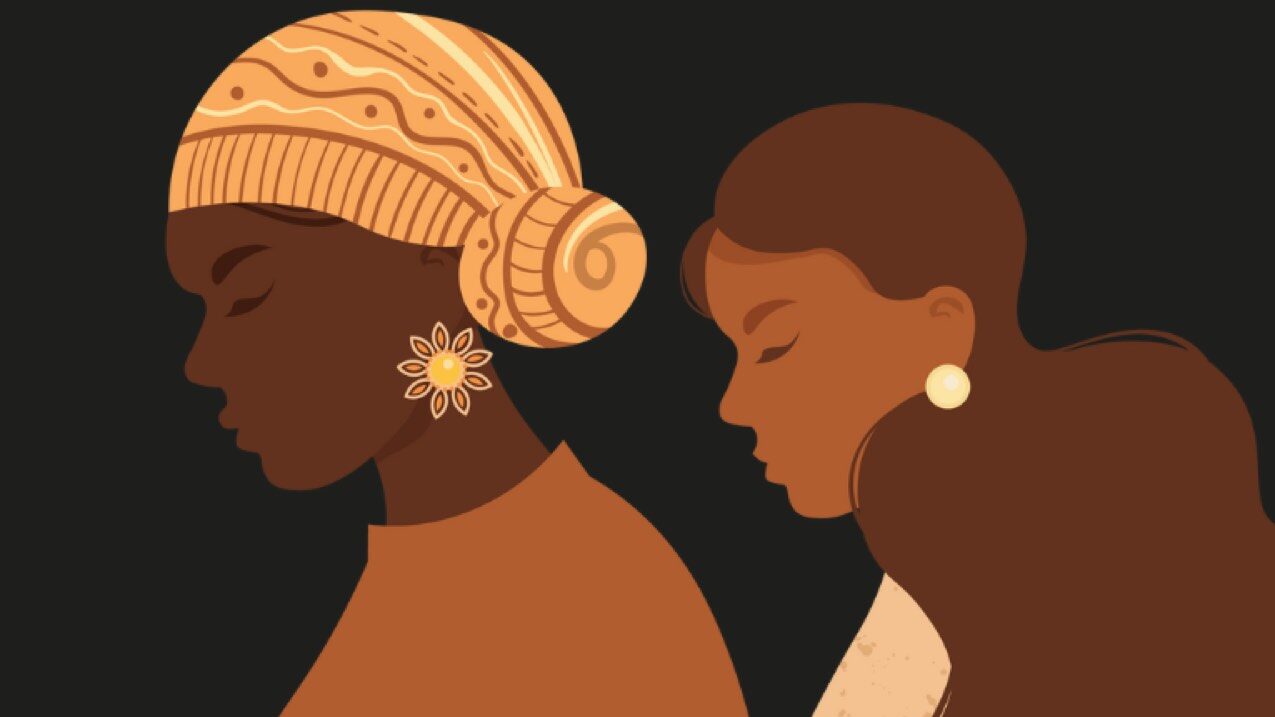
Anita Acquaah is a researcher at Black Equity Organisation and has dedicated the past year to working alongside Fawcett society on the “Public Harms Facing Black Women“, uncovering Black women’s experiences within the education, policing and mental health services.
I have always found it unsettling when I come across reports about bettering the experiences of Black women, and Black women are not centered or even involved in shaping the outcome. It just does not make sense to me. How can anyone claim to address the systemic racism that Black women face without listening to Black women themselves? This Public Harms report delves deep into our societal pillars—mental health, education, and policing—to uncover insights and research the institutional harms caused to Black women and girls across our public services.
“I envision a future where Black women’s voices are not merely heard but also actively listened to.”
If we are ever to tackle these issues, we need to center the voices and experiences of Black women. Time and time again, we have witnessed Black women being consistently let down by public services, from the alarmingly high Black maternal mortality rates to the adultification of young Black girls in schools, as well as, the unjust policing of children by police, such as the Child Q situation. The institutions meant to serve and protect are failing us.
When I started working on this report, my priority was clear: centering the voices of Black women. I knew it was crucial to speak directly with Black women about their real experiences rather than making assumptions. We recruited an advisory board, which consisted of 12 Black or Black mixed women who helped to guide the project. They shared their insights, helped to develop the call for evidence and advised on structuring and themes for the written report.
“Our voices have been sidelined for so long, even on issues that directly affect us.”
Reading about the experiences of women navigating mental health services without cultural awareness struck a chord because I’ve been through similar situations myself. Looking back at my school days, where Black girls like me were often punished more severely than our white peers for the same actions, fueled my passion and commitment to this report. These stories, often shared for the first time, highlighted the trust placed in our work and the responsibility to amplify these voices. I felt a sense of gratitude that these women had agreed to share their stories with me, adding to my passion for this report as I didn’t want their sharing to be in vain.
I envision a future where Black women’s voices are not merely heard but also actively listened to. Solutions must be tailored to individual experiences, acknowledging the diverse identities within Black female communities. This necessitates moving away from generic approaches and embracing the complexities of intersecting identities and cultures.